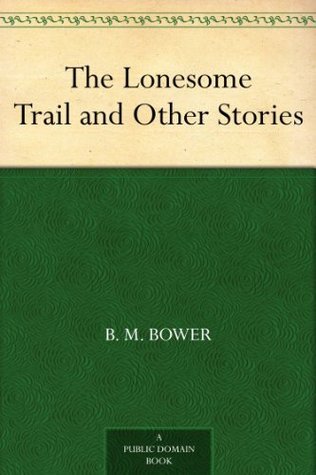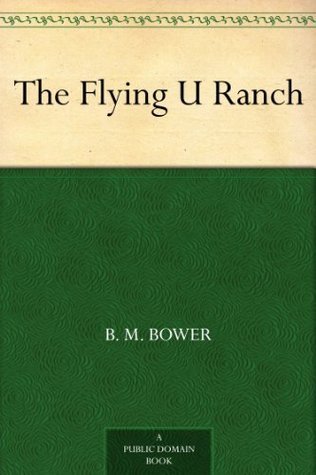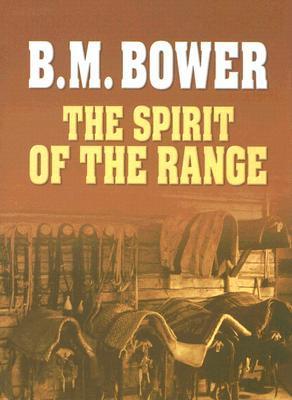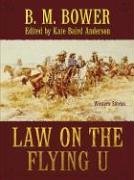
Part of Series
B. M. Bower used only her initials to sign these Western stories that have vast appeal because of her sense of humor, the strong ties of loyalty and family among her characters, as well as the authentic quality of her cowboy characters. In the title story, "Law on the Flying U," young Chip Bennett meets an old friend dodging the law and introduces him to Weary Davidson, the Flying U foreman, as a stranger in need of a job. Bertha Muzzy Bower was the first woman to make a career of writing Western fiction and remains one of the most widely known. Her first novel, "Chip of the Flying U," was initially published as a magazine story in 1904, and was an immediate success. Bower went on to write thirteen more books about the "Flying U. " Kate Baird Anderson is an artist, writer and voracious reader with many interests who is currently working on B. M. Bower's biography and Western novel reprints, and editing Bower's short stories, as well as those of grandfather Bertrand W. Sinclair, a noted Canadian author in the 1920s.
Author
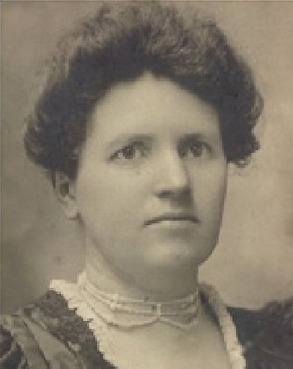
Bertha Muzzy Sinclair or Sinclair-Cowan, née Muzzy, best known by her pseudonym B. M. Bower, was an American author who wrote novels, fictional short stories, and screenplays about the American Old West. Her works, featuring cowboys and cows of the Flying R Ranch in Montana, reflected "an interest in ranch life, the use of working cowboys as main characters (even in romantic plots), the occasional appearance of eastern types for the sake of contrast, a sense of western geography as simultaneously harsh and grand, and a good deal of factual attention to such matters as cattle branding and bronc busting. Born Bertha Muzzy in Otter Tail County, MN and living her early years in Big Sandy, Montana, she was married three times: to Clayton Bower, in 1890; to Bertrand William Sinclair,(also a Western author) in 1912; and to Robert Elsworth Cowan, in 1921. Bower's 1912 novel Lonesome Land was praised in The Bookman magazine for its characterization. She wrote 57 Western novels, several of which were turned into films.
